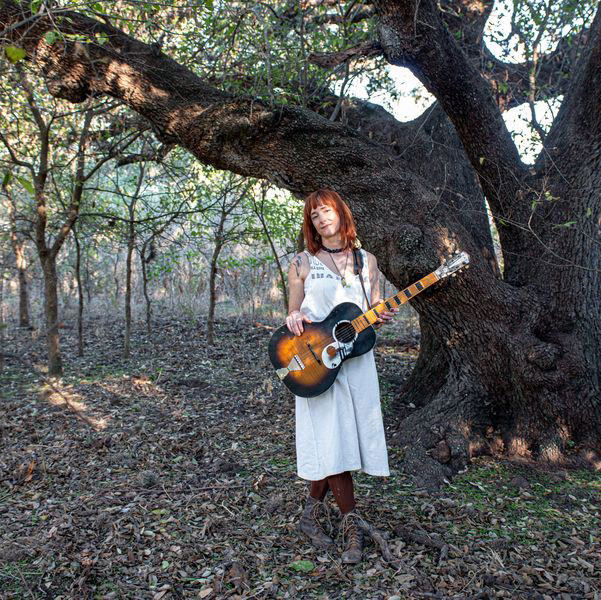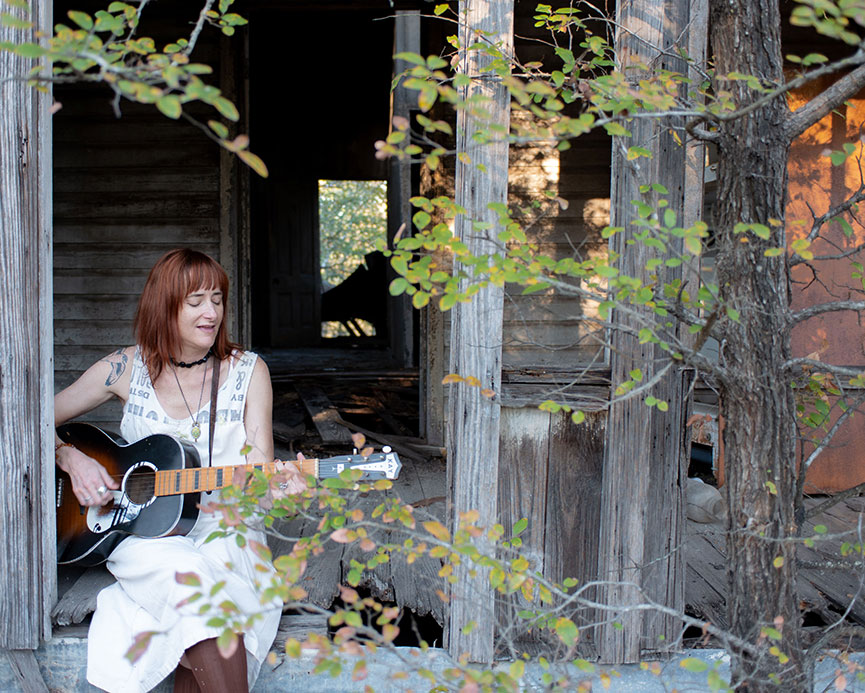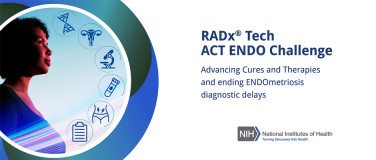Amy Annelle may not be a household name, but millions have heard her voice, and millions more can relate to her story.
Annelle’s cover of Townes Van Zandt’s “Buckskin Stallion Blues” was prominently featured in the 2017 Oscar-winning film Three Billboards Outside Ebbing, Missouri, starring Woody Harrelson and Frances McDormand. Annelle, 53, recorded that and virtually every song throughout her 30-year career while in continual and excruciating pain from endometriosis.
The Austin, Texas, native, now feeling better than at any time since she was a teenager, just released a new album titled The Toll. It’s her twelfth full-length release and first in 12 years.
“It’s made me stronger to have survived something like this,” Annelle said last week before taking the stage at Mama Tried bar in New York City. “There’s no way I can jump in a van for months at a time and tour like I used to, but at least now I know how to take care of myself and pace myself so I can play. To be playing again as a musician and to have made what I feel is my best work with this new album—I feel like I have another chance at life.”
Annelle’s endometriosis journey began with her first period when she was almost 16.

“I knew something was wrong from the start, and this was in the late 1980s when there was little advocacy or education about endometriosis,” she said. “I had a lot of pain and lost a lot of blood every month. Never did a doctor, family member, or friend recognize it wasn’t right or healthy.”
Annelle silently endured the symptoms for the next decade. When she was 26, two years before the release of her first album, Which One’s You?, a doctor found an endometrioma cyst and suggested Annelle might have endometriosis. That was the first time she’d heard the word.
“They said the only way they could be sure was with surgery, but they didn’t want to go there,” Annelle said. “I was left with this sinking feeling that something was really wrong with my body and there was nothing I could do about it except go on hormonal birth control, which I tried, but it didn’t agree with me at all.”
She continued to record albums and tour as she pushed through the disease in secrecy well into her 30s, but the symptoms worsened. She experienced increased hemorrhaging, gastrointestinal issues, bloating, weight loss, anemia, and “the most horrible and constant pelvic pain.”
“It was not a period thing for me; it was a systemic problem,” Annelle said. “The darkness and shame I had to carry without any support medically or personally was devastating. I was on the road with mostly men, so I didn’t feel comfortable talking about it and didn’t know how to contextualize it for myself, let alone explain it to anybody.
“At the time, endometriosis was more undertreated and underdiagnosed than it is today, and no doctor could help me or tell me how to help myself,” she continued. “The pain became my secret burden because when you don’t have validation for your pain, you don’t have a way to express it. I had to internalize, put my heart into the music for my audience, and act like nothing was wrong.”
She did that until 2010. Describing the pain then as “radioactive rats eating my insides” and “an ice pick dipped in battery acid stabbing me,” Annelle finally went in for surgery.
“I woke up from it thinking I’d be all better,” she said. “Instead, the doctor said it was so severe and widespread that he didn’t even try to remove it.”
Frustrated, Annelle tried to manage it naturally but ended up in the emergency room four months later.

“They did an ablation surgery, but it didn’t do anything other than set me up for this constant cycle of hope and disappointment and further debilitation. Over the next several years, I tried to get a better surgeon and better outcome each time, but I was always stuck in this very dark place. My disease had gotten so bad that I couldn’t work, couldn’t tour, could barely leave the house.”
Following the ablation, and with recurring endometriomas and now an adenomyosis diagnosis, she would have two excision surgeries over the next few years and a hysterectomy and oophorectomy in 2019. Though a hysterectomy is not a cure for endometriosis, Annelle felt it was the right decision for her case, considering her adenomyosis and recurring endometriomas.
“It was horrible to have to make that difficult choice and give up my dream of having a family,” Annelle said. “But it was the turning point for me. I was gradually able to crawl out of that hole, and my body was able to recover enough over time that I could return to my work as a musician, slowly play some shows, and get to the point of making an album again.”
In a review of The Toll by Americana Highways, Annelle is labeled a “captivating storyteller” and the album “heavy-duty stuff” with “intelligent” lyrics and “a persuasive tone.” Though she is touring again and considers her endometriosis battle “pretty much done,” Annelle continues to face lingering effects, including a surgery she had last year to remove some adhesions and the constant fight to regain and keep her strength on the road as she manages her autoimmune disease.
Annelle said the best advice she can give to women suffering from endometriosis today is to advocate for and educate themselves.
“If you’re not getting the answers and care and help you need from your doctor, go to places like the Endometriosis Foundation of America where only the best and most vetted information and specialists are involved so you can advocate for yourself and take care of yourself,” she said. “It wasn’t until I got into the endometriosis grassroots community that I realized there were other women affected as profoundly as I was. Once I realized that, I found the support and resources that allowed me to fight my way out of my endo battle.”
To learn more about Amy Annelle’s music, visit https://highplainssigh.com.









